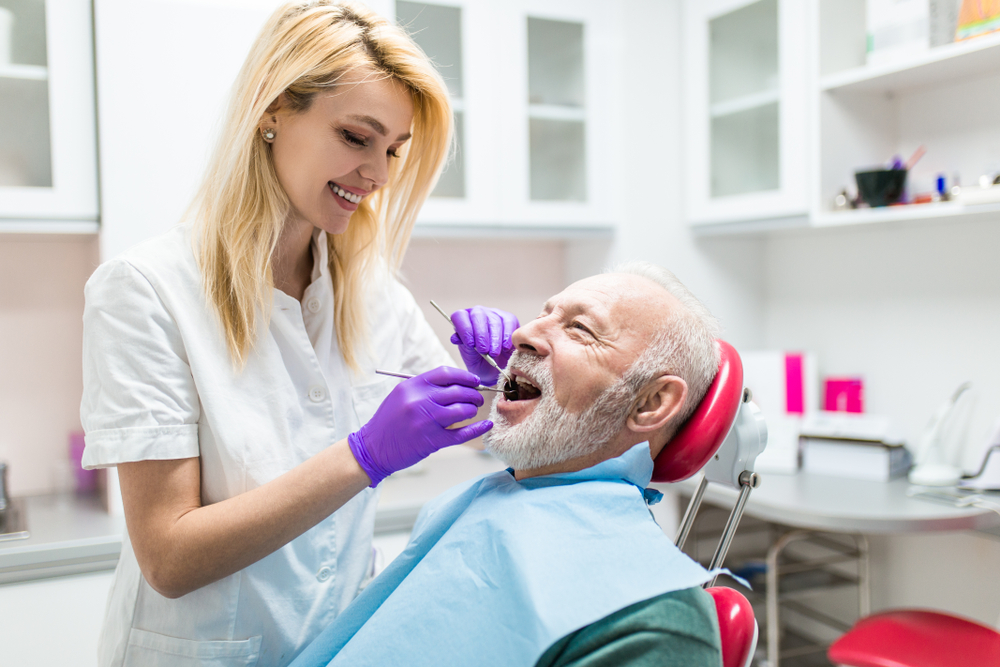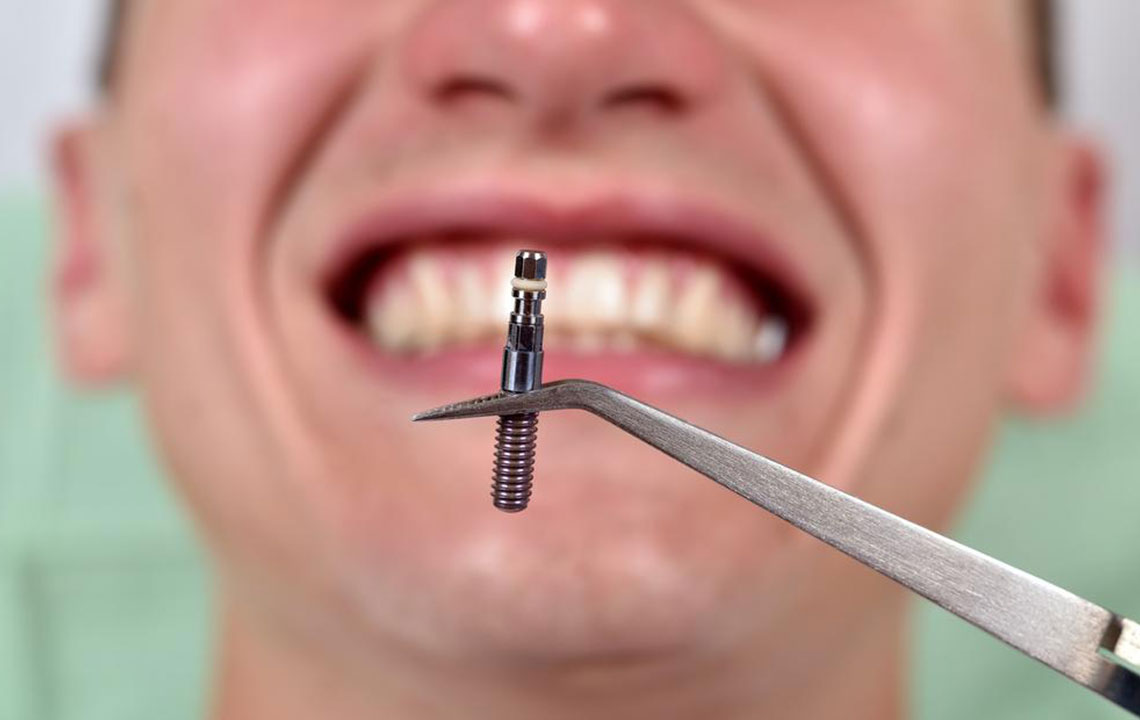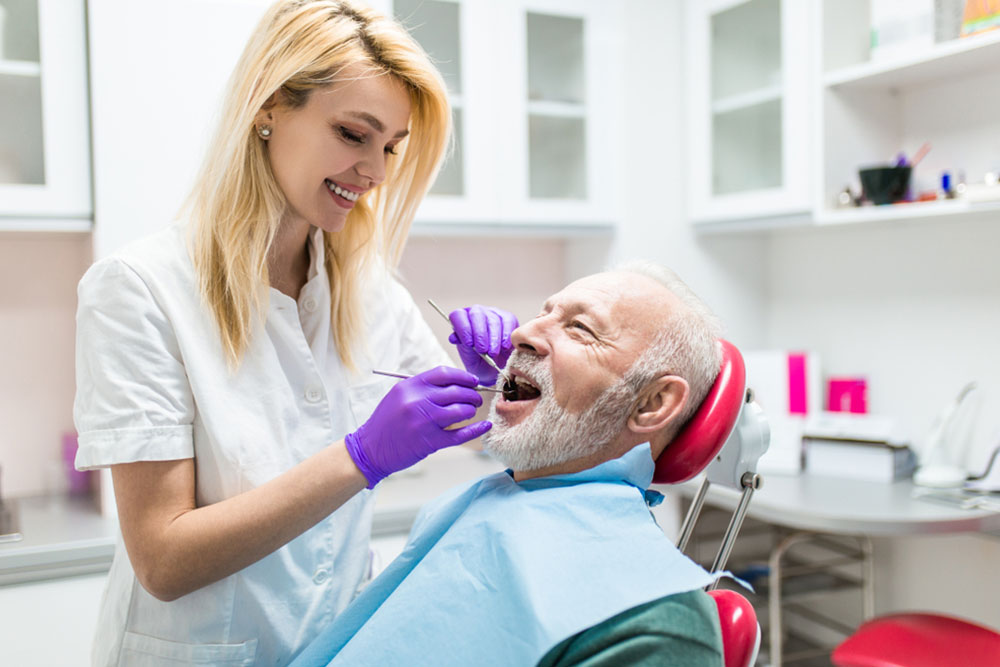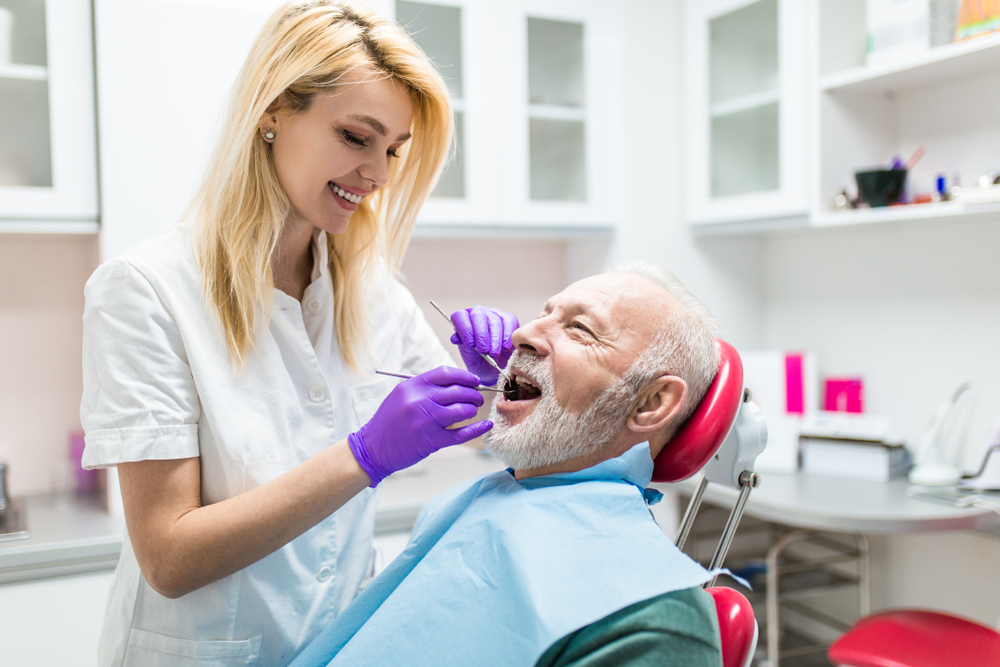Essential Oral Hygiene Tips for Older Adults
This article provides essential oral hygiene tips for seniors to maintain healthy teeth and gums. It emphasizes daily flossing, denture care, hydration, regular dental checkups, and avoiding damaging foods and brushing habits. Implementing these practices can prevent common age-related dental issues and promote overall health. Tailored advice from dental professionals enhances oral hygiene routines, ensuring seniors enjoy better quality of life with a confident smile.
Sponsored
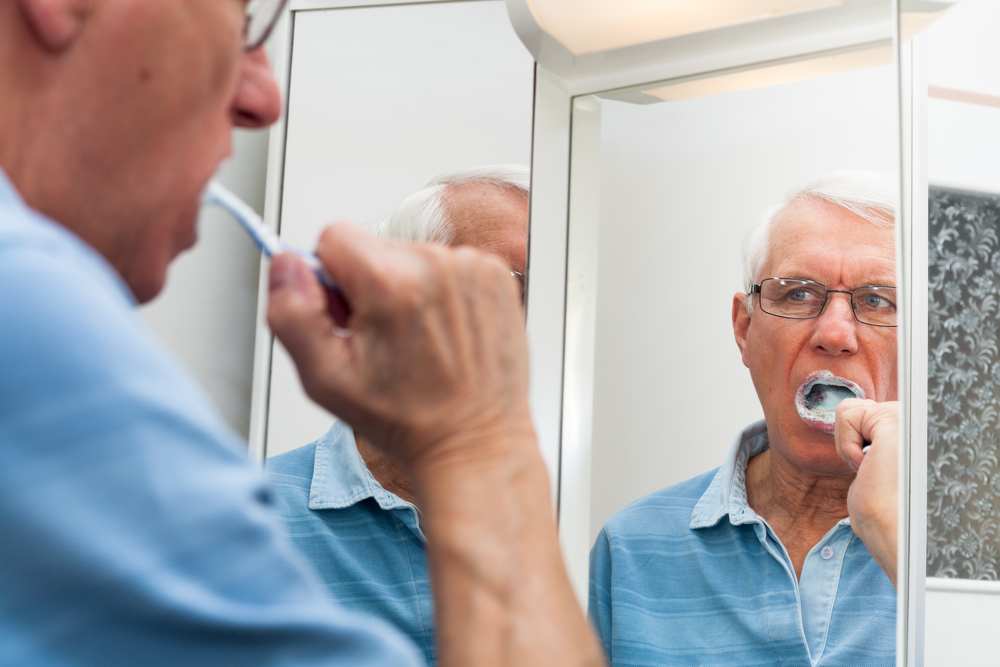
Maintaining oral health is vital at any age, especially for seniors. As we get older, dental issues can take longer to treat and may be linked to health conditions like stroke, hypertension, and heart problems. Proper oral care routines can prevent these complications and support overall well-being.
The following tips are tailored to help elderly individuals preserve healthy teeth and gums.
Practice daily flossing
Research shows that only a small percentage of people consistently floss after meals. Incorporating flossing into your daily routine removes food debris and reduces bacterial buildup that can cause infections.
Maintain clean dentures
It’s crucial for seniors to clean dentures daily. Remove dentures and soak them in water mixed with mouthwash to prevent bacterial growth. Dirty dentures can lead to gum infections and other health issues.
Stay well-hydrated
Older adults often drink less water to avoid bathroom trips, but staying hydrated is essential. Dry mouth fosters bacteria growth, increasing dental problems.
Use mouthwash after meals
Rinsing with mouthwash containing fluoride or essential oils helps eliminate residual food particles and bacteria, promoting oral health.
Schedule annual dental exams
As enamel wears down with age, routine checkups assist in repairing and whitening teeth, keeping them strong and healthy.
Limit soft drink intake
Soft drinks contain acids that stain and erode enamel. Reducing consumption protects teeth from weakening and damage.
Choose a soft-bristled toothbrush
Hard bristles can wear down enamel; opt for gentle brushing with soft brushes and non-abrasive toothpaste.
Additionally, developing a dental care plan for treatments like repair and implants is recommended. Consult your dentist for personalized advice and comprehensive oral health strategies.


